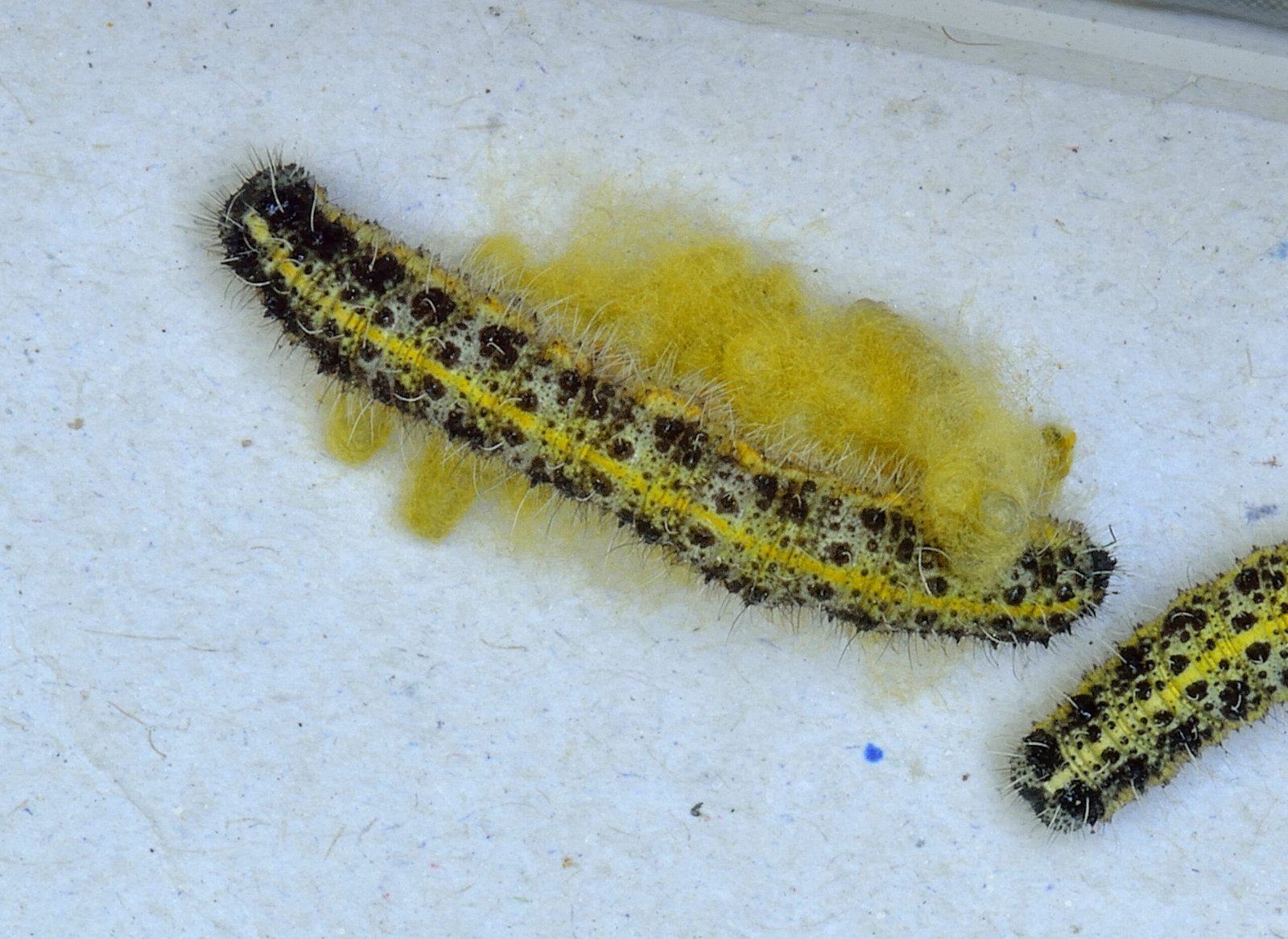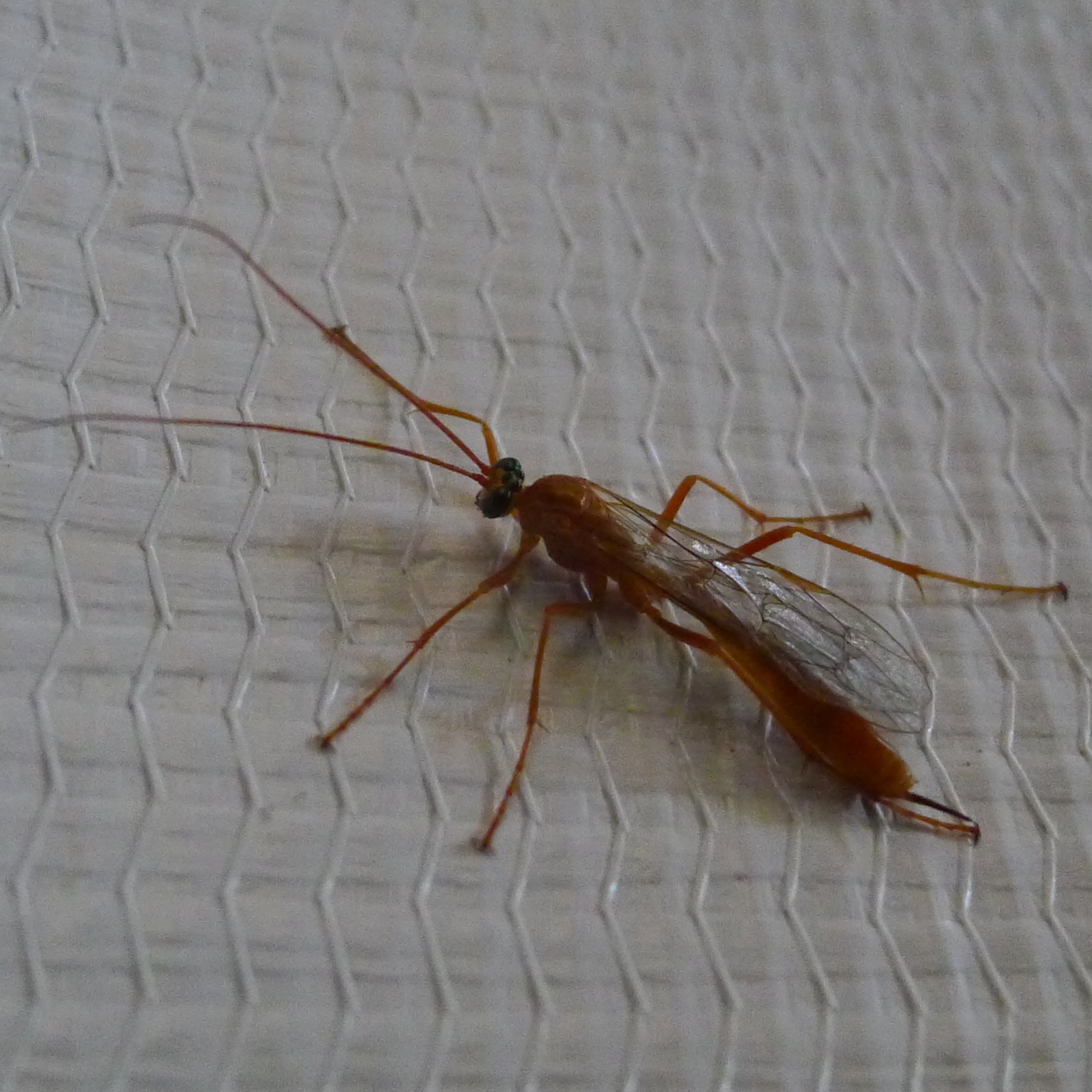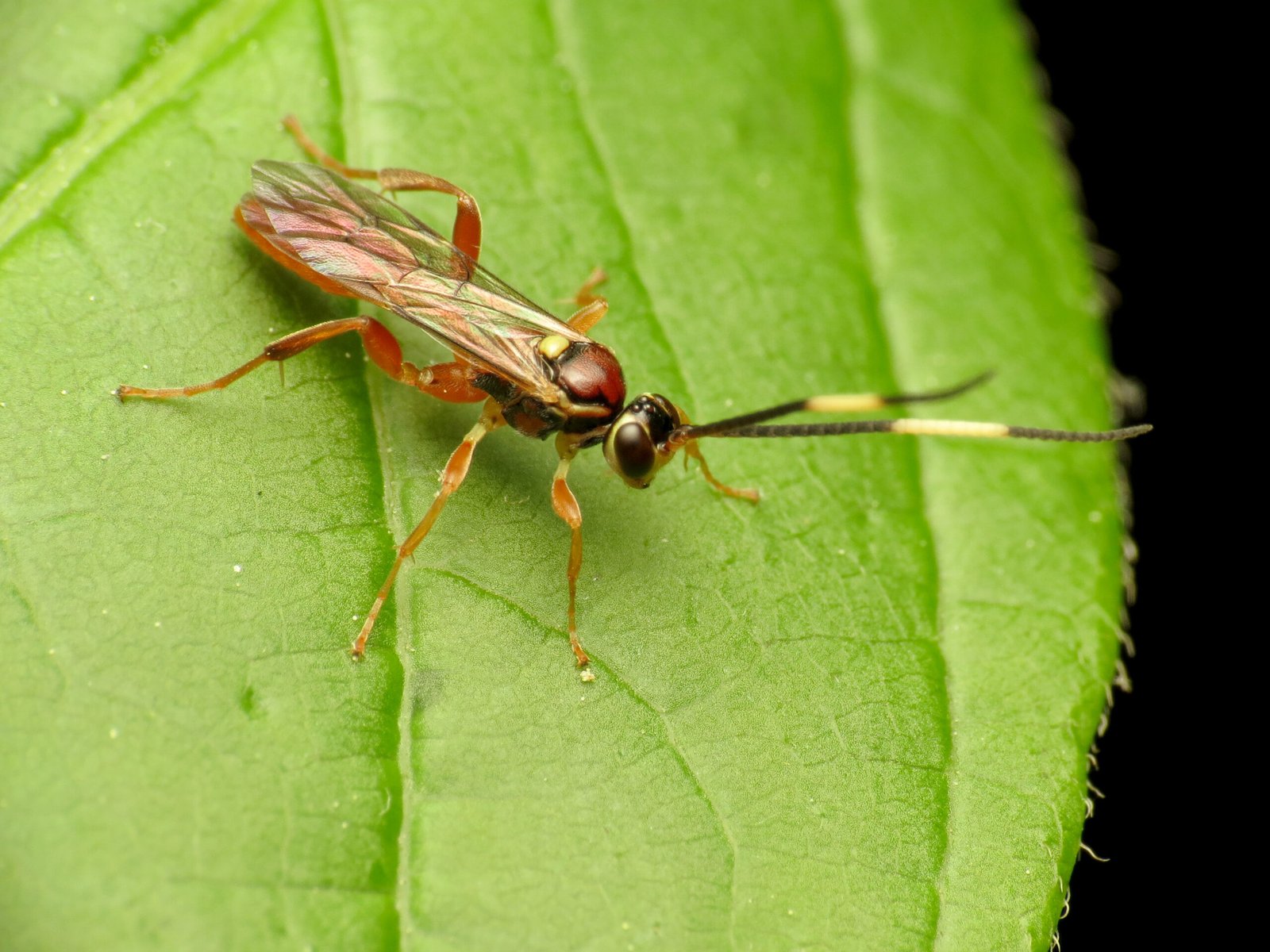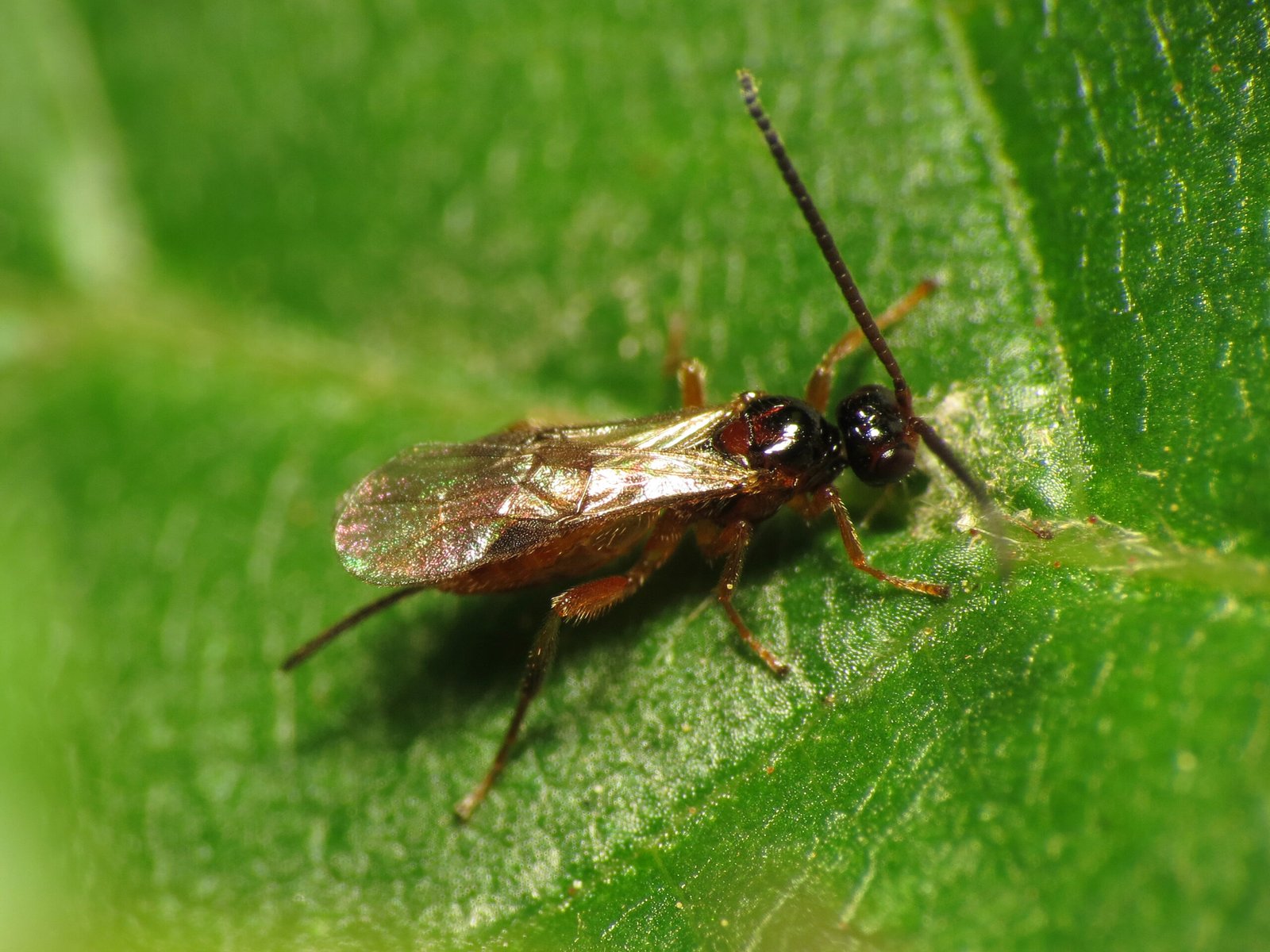Imagine spending your life in perfect health, only to suddenly feel compelled to dig your own grave, crawl inside, and wait for the end. This shocking scenario isn’t the plot of a horror film—it’s the real-life fate of countless insects manipulated by one of nature’s most cunning master criminals: a parasitic organism. The idea that a tiny creature can invade a host’s body and completely hijack its behavior is both terrifying and awe-inspiring. The world of parasites is full of mysteries, but none as chilling as the parasite that turns its victim into an unwitting grave digger, sealing its fate with eerie precision. Let’s journey into the shadowy world of these mind-controlling parasites, where science blurs the line between life, death, and something stranger still.
The Sinister World of Parasitic Manipulation
Parasites are everywhere, lurking in oceans, forests, and even your backyard. But some have developed jaw-dropping abilities that go far beyond stealing food or energy from their hosts. These organisms can actually rewrite the rules of behavior, forcing their hosts to act in ways that defy instinct and reason. The most chilling examples involve parasites that make their hosts dig their own graves—literally. This grotesque transformation is a survival strategy, ensuring that the parasite’s offspring have the perfect environment to thrive. The very idea raises unsettling questions about free will and control in the animal kingdom.
The Main Culprit: The Parasitic Wasp
Among the most notorious of these mind-bending parasites is a group of parasitic wasps, particularly from the genus Glyptapanteles. These wasps lay their eggs inside unsuspecting caterpillars, setting the stage for a macabre drama. As the larvae develop, they feed on the host from within, but the horror doesn’t end there. At a critical stage, the larvae manipulate the caterpillar’s nervous system, compelling it to perform a final, fatal act: digging into the soil and creating a safe chamber. This chamber isn’t for the caterpillar’s comfort—it’s a tomb, and the perfect nursery for the wasp’s young.
The Host: A Puppet on Invisible Strings

The caterpillar, once vibrant and free, becomes a mere puppet. Scientists have observed that after being parasitized, the caterpillar’s behavior changes dramatically. Instead of wandering in search of food, it becomes sluggish and single-minded, compelled to burrow into the earth. The caterpillar’s body is no longer its own; it follows an invisible script, written by the parasite. This transformation is so profound that even experienced entomologists describe it as unsettling, almost supernatural.
How the Parasite Takes Control
The secret weapon of these parasitic wasps is chemistry. As the larvae grow, they release a cocktail of chemicals that interact with the host’s nervous system. These substances override the caterpillar’s natural instincts, replacing them with new, parasite-driven commands. The caterpillar’s brain is essentially hacked, turning it into a living robot. Researchers believe that some of these chemicals mimic the host’s own hormones, tricking the caterpillar into thinking that digging a grave is its own idea. It’s a biological illusion, and the ultimate betrayal.
The Final Act: Digging the Grave
The most haunting moment comes when the caterpillar, now fully under the parasite’s spell, begins to dig. It carves out a small chamber in the soil, a task it would never normally undertake at this stage of life. Once the grave is ready, the caterpillar enters, seals itself inside, and waits. For the parasite, this is the perfect environment—safe from predators and harsh weather, with a fresh, living body to feed on. For the host, it is the end of the line, with every movement guided by an unseen hand.
A Cycle of Death and New Life
Once the caterpillar is entombed, the wasp larvae complete their development, feeding on the host’s tissues until there is nothing left. After several days, they emerge as adult wasps, ready to continue the cycle. The grave that the caterpillar dug becomes a cradle for new life, but only for the parasite. This brutal efficiency is what makes nature both fascinating and cruel. The wasps’ survival depends entirely on their ability to engineer the perfect conditions for their offspring—at any cost.
Are Humans Ever at Risk?
While this story sounds like something out of a nightmare, humans are not at risk from these particular parasites. The wasp-caterpillar relationship is highly specialized, the result of millions of years of co-evolution. However, the idea that a tiny organism can take over a much larger animal’s mind is a sobering reminder of nature’s unpredictable power. It also sparks questions about other parasites—like the infamous Toxoplasma gondii, which can alter the behavior of rodents and even influence humans in subtle ways.
Other Bizarre Examples in Nature

The wasp-caterpillar drama is just one chapter in the vast and bizarre book of parasite-host relationships. Zombie ants, for example, fall victim to a mind-controlling fungus that guides them to climb to high places before killing them—and then uses their bodies to spread spores. There are also hairworms that infect crickets, compelling them to jump into water so the worm can complete its life cycle. Each of these stories is a testament to evolution’s creativity and ruthlessness.
Why Study These Horrifying Creatures?

Studying mind-controlling parasites isn’t just about satisfying dark curiosity. Scientists hope to unravel the chemical and neurological tricks these organisms use, with the goal of developing new medicines or pest control methods. If we can understand how parasites take over their host’s mind, we might find clues for treating brain diseases, or even new ways to battle unwanted insects without toxic chemicals. There’s a strange hope hidden in this horror.
The Deeper Meaning: Control, Survival, and the Limits of Free Will

What does it mean to have your mind taken over by another creature? The story of the parasite that makes its host dig its own grave is more than just a gruesome tale—it challenges how we think about autonomy, survival, and the boundaries between self and other. In nature, control is often an illusion, and survival sometimes means giving up everything, even your own will. Perhaps the scariest part is realizing how much of life is shaped by forces we cannot see or understand.
In the end, the tale of the parasite and its doomed host is a chilling reminder that the natural world is full of hidden dramas, stranger and more brutal than anything we could imagine. Would you ever have guessed that such small creatures could wield such terrifying power?


